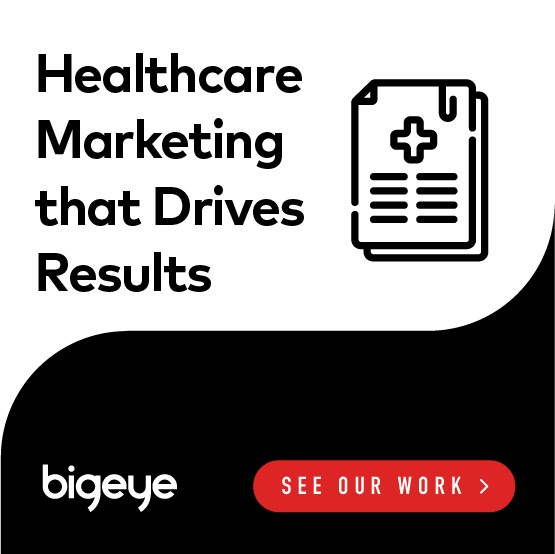It’s definitely a challenging time to be working in healthcare.
There are political pressures – and competing agendas – to expand or undo the insurance structure. Along with increases in billing, every insurance provider requires their own rules and paperwork, and regulations are constantly evolving regarding the best practices for discussing or sharing patient information.
On the brighter side, there are also more tools to help patients, such as information that can be easily accessed or shared on mobile devices. And the economic outlook for the industry as a whole is nothing but positive – the Bureau of Labor Statistics predicts the medical and health services workforce to grow by 23 percent by 2020. More Americans are now eligible for care, which is good for them, but it may create challenges for providers who already have been feeling stretched thin. Consumers are also increasingly interested in managing their own care, which also is a noble goal but can create concerns about quality.
So healthcare marketing is especially critical – providers need to get the word out that they’re available to assist. And they also need to connect with audiences who no longer seek their services in the same places that they used to, such as newspapers or phone books.
For those who follow current healthcare marketing trends, the industry is increasingly going digital. Here are 4 reasons why you need to secure an online presence via a sound digital advertising strategy:
1. It’s where the audiences are:
According to the U.S. Census, 83.8 percent of households owned computers in 2013 – and jumped to 87 percent the next year. Of these, 78.5 percent own a desktop or laptop and 63 percent have a handheld computer. As of 2015, 84 percent of households reported regular Internet use, and 73.4 reported high-speed connections. The Pew Research Center said that up to 80 percent of Americans have also tried to look up health info online, especially specific conditions or diseases for themselves or others. Whether you’re promoting your medical services on social media or online ads on other sites, your healthcare advertising can reach a significant amount of the general population. Ad programs also can let you drill down and target certain age groups or geographic areas who will especially receptive to your message.
2. Audiences want health info:
The same Pew study showed that 70 percent of surveyed adults received healthcare information from their health provider, which is good. But 60 percent said they also get health info from friends and family, which may be riskier. With the power of the Internet, people can now learn about any sort of ailment, no matter how uncommon. It’s also an easy source to self-diagnose, from basic sniffles to a new blemish. According to the U.S. Library of Medicine’s Medline Plus site, teens are especially prone to seek out their information online first, even before talking to their parents, their teachers or health providers – 58 percent usually start with a Google search. Your healthcare digital marketing can focus on you as someone who can help find answers quickly and easily.
3. To counter the bad stuff:
Though an online community that’s increasingly aware of basic health can have its advantages, the downside can be that they may wind up at questionable, unreliable, even dangerous sites. However, you can portray yourself as a health professional who will always provide accurate information, or dispel some of the half-truths or outright lies they may run across online. Your healthcare digital advertising can drive people to your site to get our perspective, and you can even reinforce the point with web content or blog posts telling why some online claims aren’t quite true.
4. To build your brand:
Whether you’re a sole provider, part of a group of physicians or even part of a hospital community, you need to claim your online presence and find a way to stand out from the other area providers. A hospital marketing itself online can portray itself as the community’s prime source for all levels of medical needs. Consider allowing visitors to do everything at the site from learning about the facility to paying a bill to finding out about area health resources and even job openings. Even though an established local health center may have good word-of-mouth by nature, a comprehensive site and an online hospital advertising campaign can increase its presence – and the perception that it is the local authority.
Though it’s easy to want to focus on performing healthcare services well, today’s consumer desires even more. At this least, prospective patients are seeking assistance to educate themselves on a specific service to determine if it might be the right avenue to pursue in treatment. It’s easy to receive unqualified advice from one’s well-meaning friends, but there’s no substitute for reliable, qualified medical opinions.
Are you a healthcare marketer in need of some digital advertising prowess to positively impact your strategy for success? Contact our team of experts today for your own “check-up,” and to learn more about reaching prospective patients online.

